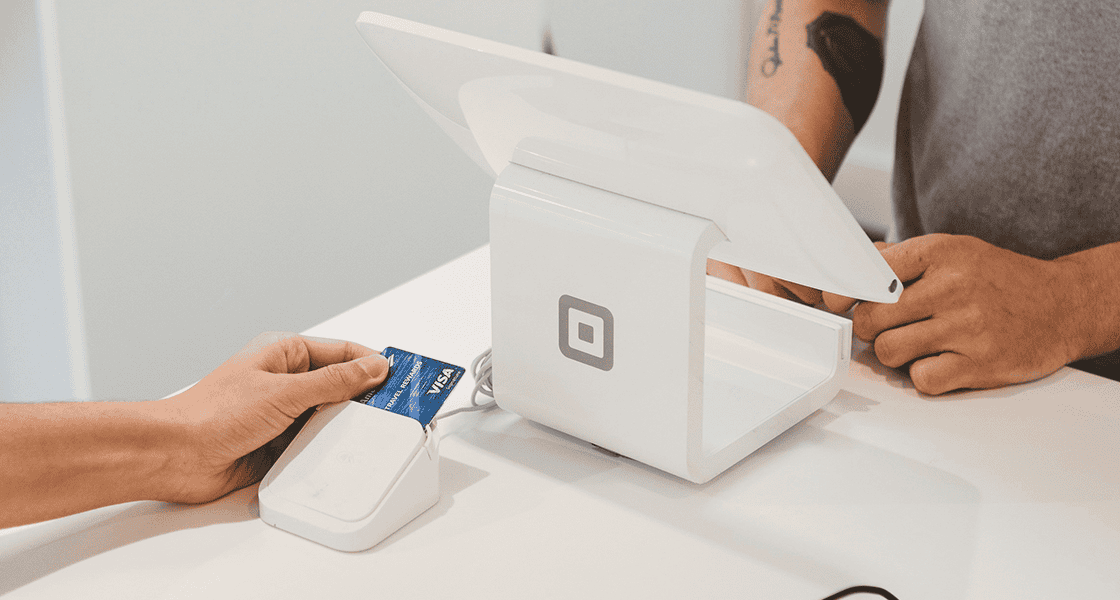Retail & Distribution
Four Reasons Retailers are Upgrading Their Retail Management Systems
6 July 2016
Regardless of their size, an increasing number of merchants are upgrading their retail management systems. But what’s behind the move? Apparently, several factors are fueling the change. Four common reasons for the transition include:
A need for compliance with the Payment Card Industry Data Security Standard (PCI DSS)
This was the number-one rationale for retail management systems upgrades undertaken by retailers who participated in Vertical Systems Reseller Magazine’s “State of POS” market study. In an article summing up the results of the study, author Lisa Terry notes that only big-box retailers and, to a lesser degree, department stores polled for the study cited more important reasons for installing PCI-compliant systems – presumably because they have other resources through which to grapple with PCI compliance-related issues.
Some retailers find PCI compliance to be especially challenging given the fact that Microsoft’s support for its XP operating system ended this past April. Upgrades to retail management systems that run on a more sophisticated, PCI-compliant platform are being harnessed to meet the challenge.
A desire to incorporate mobile POS into operations
Nearly half of retailers queried for the study said a push to capitalize on the popularity of mobile POS was one of the top three catalysts in their decision to invest in an update to their retail management systems.
Seventy-three percent of study subjects claimed mobile POS drives POS upgrades. This encompasses retailers of all types and sizes, including SMB merchants and Tier 1 players.
An urge to board the customer-centricity train
Ever-increasing competition and a strong push to maintain or grow market share by providing consumers with a top-notch shopping experience is definitely inducing retailers to invest in more sophisticated, feature-rich retail management systems. Such a customer-centric focus was deemed a top-three driver of retail management systems upgrades by 39 percent of respondents to the “State of POS” market study. Grocery and gas/convenience players were more likely than their counterparts in other retail segments to name improvements in customer service and the customer experience as a main benefit of retail management systems updates, at 44 percent and 43 percent respectively. So, too, were foodservice and lodging operators.
A need for speed
Savvy retailers are recognizing that no matter what type of merchandise customers happen to be buying, they are now willing to wait no longer than two or three short seconds to complete the checkout process. Not surprisingly, 38 percent of study participants said a need to offer speedier checkout was among major catalysts for deploying upgraded retail management systems. A desire to incorporate loyalty programs and expand their roster of available payment types—both of which necessitate the increased robust processing power and network bandwidth seen in newer POS systems—played a role here as well.
Clearly, there are many airtight justifications for upgrading retail management systems. Retailers that do not consider these factors and how they relate to their own operations, and instead blindly opt against updating their technology, fail to position themselves for real growth going forward.
Are you looking for an upgrade? Contact us today.


